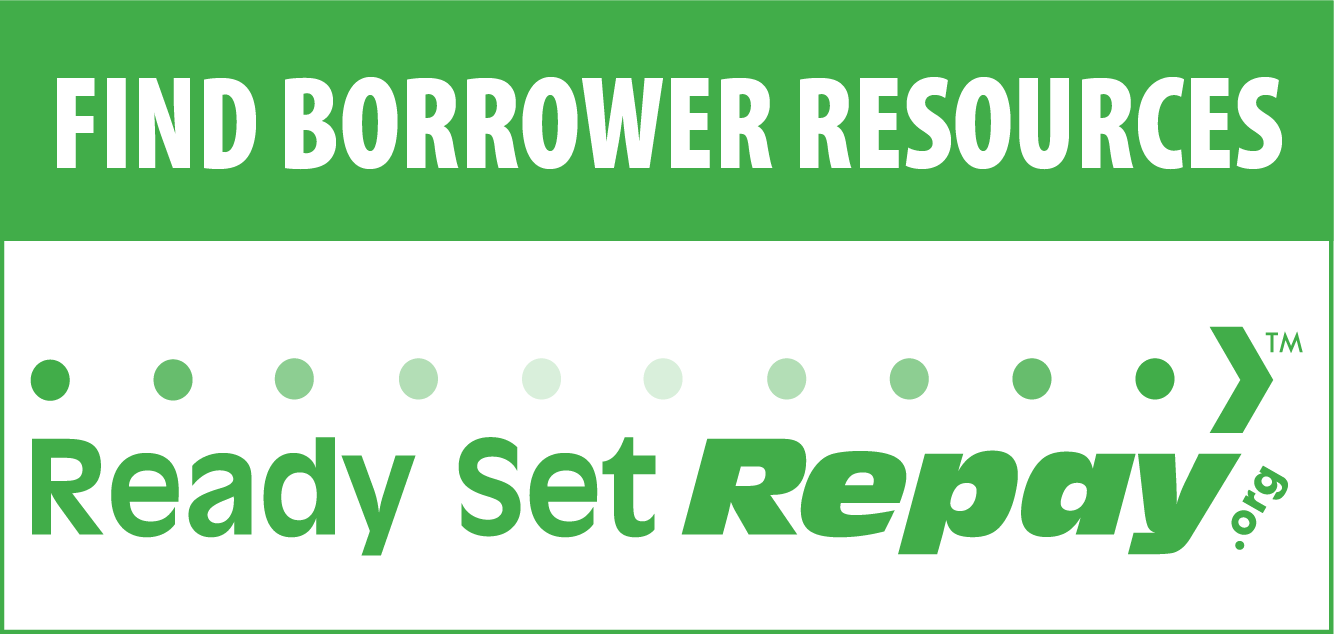Student Loan Management
A student loan is the first credit experience many students have. To protect your student’s credit rating, take proactive steps to encourage them to borrow responsibly and successfully repay their student loan. To better understand student loans, and the rights and responsibilities associated with them, download OKMM ’s Borrow Smart From the Start booklet.
Before Borrowing
- Seek free money first. Your students should maximize all grants, scholarships and college savings available before deciding to take out a student loan. To reduce the amount of loan dollars need ed, students should apply for free money throughout their college career by completing the FAFSA (Free Application for Federal Student Aid) annually. For tips and resources on finding grants and scholarships, explore UCanGo2's Are You Looking for Money? booklet.
If you, or your child, must borrow to pay for school, explore all your borrowing options to find the loan that best meets your need. Federal student loans typically have lower interest rates and better repayment options than private loans, but do your homework. - Borrow only what is needed. Determine how much money your family will actually need to cover school expenses before your student accepts a student loan. They may be offered more loan funds from outside sources than they actually need. Be cautious and talk to a financial aid counselor if you need information on the types of student loans being offered to your child . Since loans are a long-term commitment that must be repaid, it’s best to borrow only what’s needed to pay for school.
- Consider your future salary. When borrowing student loans, a good rule of thumb is to make sure the total amount borrowed is less than the student’s expected starting salary, and some experts recommend that the monthly loan payment should be no more than 8-10 percent of their expected monthly income after graduation. Research starting salaries in Oklahoma by visiting the Oklahoma Wage Network, and estimate monthly loan payment amounts using the debt/salary calculator at MappingYourFuture.org.
During School
- Monitor what’s needed. Last semester, did your student have more than enough loan funds or were they struggling to get by? To keep debt levels manageable, encourage your child to monitor their needs and adjust their borrowing accordingly. Decide each time to borrow only what is needed for school. Students should maximize free money before taking out a student loan, and exhaust their federal loan options before considering private or alternative loans.
- Keep seeking free money. Grants and scholarships aren’t only for freshmen. Students should visit with their financial aid office or use resources like UCanGo2.org or Fastweb.com to locate grants and scholarships they might qualify for.
- Pay interest payments. If students are given the option to pay the interest accrued on unsubsidized loans during their college career, they should do it. Quarterly interest payments are usually affordable, even on a tight budget, and can save hundreds over the life of the loan.
After Graduation
- Plan for payments. Students should adjust their budget to include monthly student loan payments before their six month grace period ends. They should consider their spending habits and priorities and make changes, if needed. OKMM's Loan Calculator can help your student prepare to manage their debt.
- Commit to repayment. A student loan payment is a fixed expense. Repaying a student loan is not optional, even if the student withdraws from school before graduating. Remember, a monthly student loan payment is just as important as rent, a car payment or any other fixed monthly expense.
- Always pay on time. Encourage your student to make their student loan payments on time or their credit score could suffer. If a payment will be late, students should contact their loan servicer immediately to discuss the situation. Even with a deferment or forbearance, student loans should still be paid until the request has been processed and approved.
- Communicate with the servicer . Borrowers should notify their servicer of any changes in their name, address or ability to repay. There are a variety of ways the servicer can help your student if they’re having trouble making a loan payment, but they must stay in contact.
- Revamp the repayment. The right payment plan makes successful loan repayment easier. Explore alternate repayment plans to choose the one that’s right for your student’s situation. Bear in mind that flexible repayment programs, like deferment and forbearance, aren’t automatic; if help is needed, students have to ask for it.
- Keep important documents. Students should consider creating a “my student loan” file to hold statements, notices and other important loan documents.




